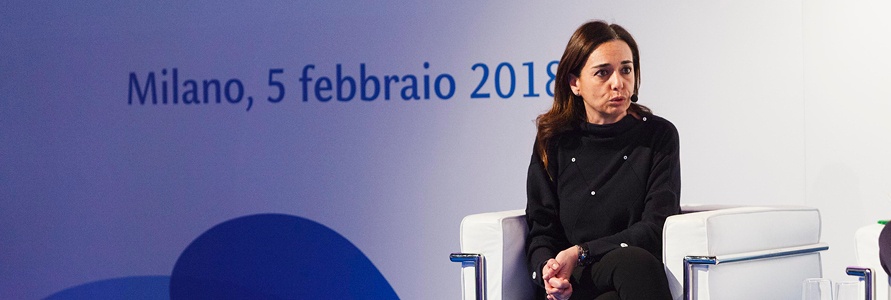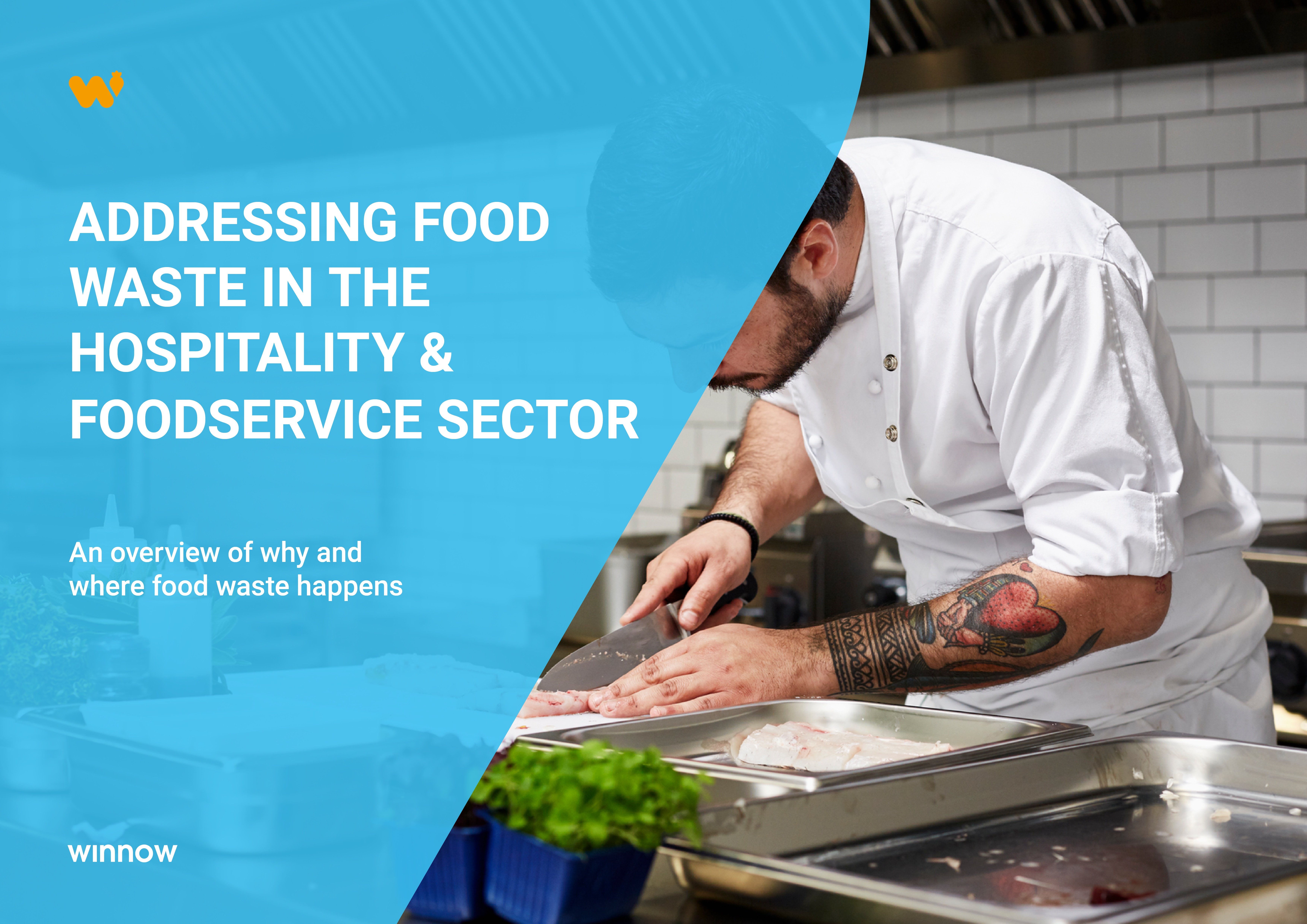Costa Cruise’s business model is oriented towards sustainable development; the company is determined to actively contribute to the conservation of resources for future generations. Reducing food waste is one of the main challenges of the 2030 Agenda for Sustainable Development the cruise line is focusing on.
In February 2017 Costa Cruises joined forces with Winnow to monitor and prevent food waste. They became the first cruise line to make a public food waste reduction target. With the launch of the “4GOODFOOD” program, they are aiming to reduce food waste by 50% fleetwide by 2020. This is 10 years earlier than the deadline set by Agenda 2030, confirming its role as a leading company in the sustainability field. Winnow is a key partner to reach this ambitious target.
We asked Stefania Lallai, Sustainability and External Relations Director at Costa Cruises about the cruise line's sustainability journey, strategies and achievements.
What are the critical issues and challenges facing sustainability efforts in the cruise line industry?
The cruise sector is a complex industry and its sustainability strategy has impacts in different areas. The challenge is to work coherently and create virtuous assets and deliver concrete results. Food is a relevant part that can determine social as well as environmental impact.
What do you see as the leading trends in sustainability for the industry?
Energy efficiency, shared value creation, protecting the sea and biodiversity are the latest trends in the development of sustainability strategies in the cruise industry.
Can you tell us a bit more about Costa’s overall food & sustainability strategy?
Costa's food sustainability strategy can be summed up by the 4GOODFOOD programme, which is based on four pillars: value, reduction, retrieval and return. Costa started its journey three years ago, inspired by the University of Gastronomic Sciences. With them, we
started looking at food and consumption with a more holistic and cultural approach. We reviewed our gastronomic offer in terms of portions and nutritional intake, for example switching animal proteins to vegetable proteins by introducing legumes to our buffet offer. New products and ingredients such as seeds and cereals are also part of the buffet offer. The team also worked on the proximity and seasonal gastronomic offer by implementing regional and local Italian recipes.
Food preparation processes are important pillars and together with Winnow, we are now able to map all food waste which enables our chefs, basing on the data provided, which enables us to review and implement mitigation processes.
An important part of Costa's sustainability strategy on food is the partnership with Banco Alimentare, a Europe based food bank. Thanks to the Gadda Law issued in 2016 in Italy, food waste can now be donated to communities. This changes the paradigm and Costa, together with the Customs Agency and Maritime Health, for the first time in the industry, designed the blueprint to donate surplus food to communities in need at our ports of call in the Mediterranean.
How do you engage guests on this green journey?
Guests are very central to us. On board of the entire fleet, we communicate to our guests and crew through the sensitization campaign "Taste don’t Waste" that invites and encourages them to enjoy, taste the food, paying attention to responsible consumption to avoid waste.
In fact, thanks to the mapping of guest plate waste, we can evaluate the impact generated by their virtuous behavior. We are now able to create the first 50 Food Gardens of the Slow Food Foundation project in Tanzania, Mozambique and South Africa. Thanks to the guests and crew’s commitment and good action, we will able to further support the Food Gardens project in Africa, by creating more orchards every year.
How much of these initiatives would you say are driven by consumer demand vs corporate factors?
I believe the introduction of new ingredients, salads and the removal of some of the animal protein from our buffet offer is a choice driven by consumer demand. Now more than ever, people tend to be very careful with what they buy and eat. We at Costa pay attention at choosing the best quality ingredients in order to offer new and healthy foods.
Our food sustainability strategy is then based on corporate factors too as companies nowadays invest in the implementation of sustainability in their business model, basing on the Agenda 2030 for Sustainable Development.
Costa Cruises has different initiatives in place around energy, water and waste. What are the guest perceptions of these programmes?
They appreciate our initiatives on responsible consumption. Guests are starting to be more sensitive around these topics and we expect this sensitiveness to increase.
Costa has just announced to reduce food waste by 50% by 2020. How did employees react to this and do you feel this drove engagement among colleagues?
On board of our ships, our colleagues have been really engaged, thanks also to a prior training programme. They become our first ambassadors to deliver messages and sensitize our guests. They appreciate the projects as they are the very first ones to see in person the changes to be made and what the improvements are.

What was the immediate impact when you first had the Winnow System installed?
Winnow gives us the possibility to really understand what happens in the galleys. Our chefs find the system very useful as it enables them to amend effectively operations day by day.
How has Winnow’s technology impacted your operations on a longer term?
Winnow changed the way we prepare food forever as we are now more aware and conscious about the preparation processes and the needed adjustments to make these even more efficient. Thanks to the mapping of food losses, our chefs are now able to make better decisions and improve our food preparation processes.
What would you like to see happen on Costa Cruises’ fleet in the coming five years regarding sustainability?
Sustainability will be totally embedded in the business model and it will be part of the company’s DNA. Costa will be recognized as leading company in the industry. Our ships become true ambassadors of responsible behaviors where guests feel part of the journey towards sustainable development.
What would be your sustainability advice to fellow managers working in the cruise line industry and how would you challenge the rest of the industry to follow your example?
Despite the complexity of the ship system, I would encourage them to integrate a consistent and strong sustainable approach into their business model.
Photo credit: Costa Cruises Press Center









Comment on my blog